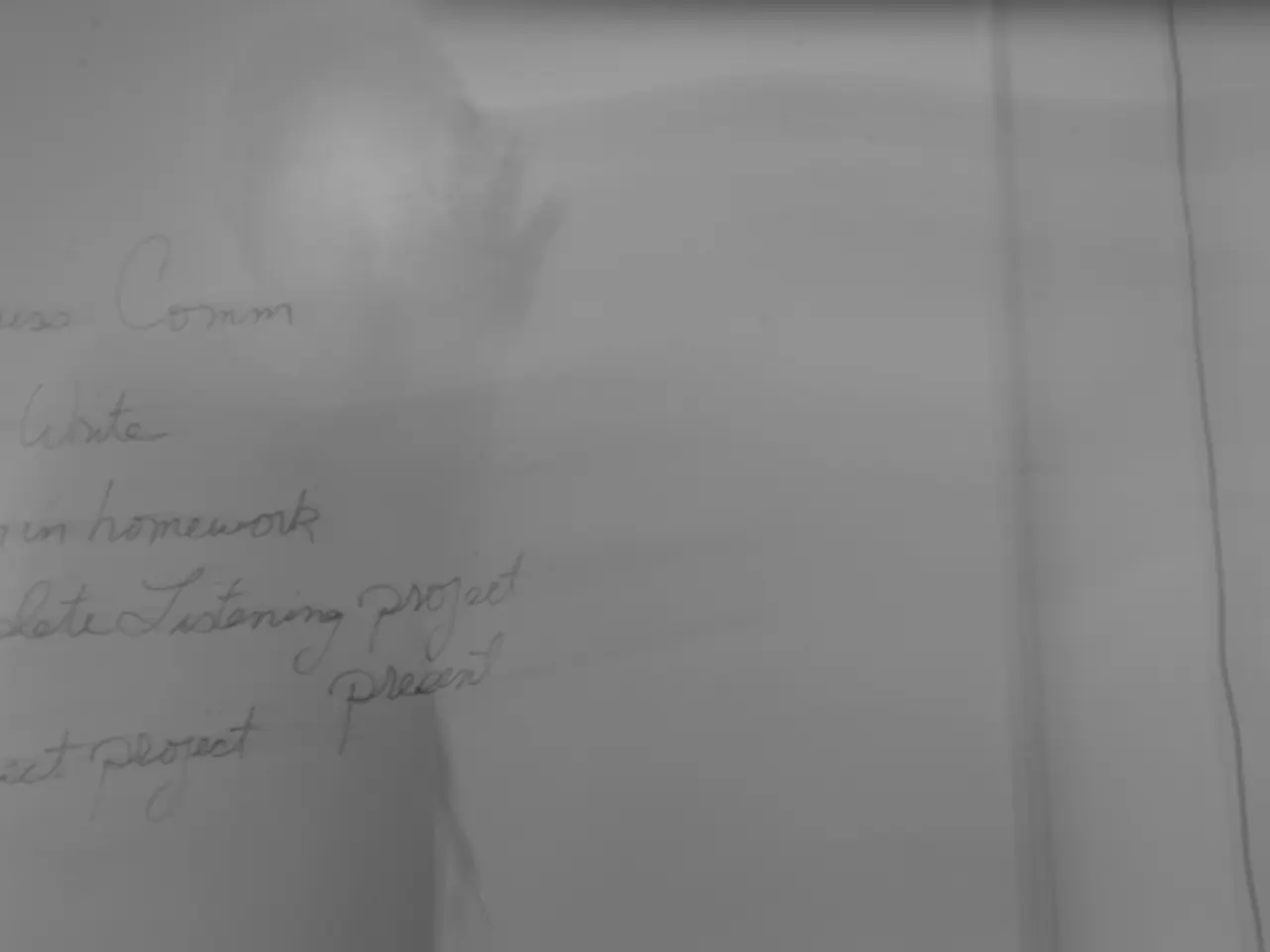Is incarceration necessary in this case?
Hey there! Let's talk about entrepreneurship and its challenges. You know, those tough decisions that keep us on our toes? Norbert Wess, a renowned economist, reckons they're not always about breaking the law. He's all about finding alternatives to incarceration for those who've made a misstep, without personally profiting.
He's pushing for expanded diversion programs or new forms of punishment. The idea? Sort out complex economic cases more swiftly. The Austrian government's on board, too, with their work program discussing a review of diversion, including compensation for damage. The Ministry of Justice is giving it some thought, but no concrete plans have been set just yet.
Robert Kert, a professor at Vienna University of Economics and Business, also backs this expansion, even for serious economic crimes. He suggests obligating public service instead of a small fine as consequence.
Now, diversions are possible when the facts are clear, the suspect owns up, and it wasn't a serious crime (more than five years imprisonment or more than €300,000 in damages). Instead of a guilty verdict, there's usually a fine.
In 2024, a whopping 34,588 adults received diversions, up from around 32,000 in 2015.
Besides diversions, experts are discussing something different. They're all about procedure-ending agreements, based on the German model. If a suspect admits part of their guilt, the prosecution and the defense can reach an agreement on an appropriate punishment or fine. This agreement is presented to a judge, who, if satisfied with the facts, the confession, and the agreement, ends the trial with a guilty verdict.
Professor Kert wrote an article about speeding up proceedings through agreements last year. He sheds light on potential problems in implementing the German system in Austrian law. Austrian law stresses the "material truth," obliging prosecutors to investigate all facts. However, procedural ending agreements might mean accepting part of the truth.
The German system sees it pragmatically: They introduced this tool to expose and make transparent “secret deals.” Many judges in Austria express concerns about managing large, complex economic cases without it.
But here comes the tricky part – the justice system would probably accept lower punishment after an agreement. Experiences from Germany suggest that some convicted persons then don’t have to serve time at all. However, it might be incomprehensible to many that an economic boss who damages jobs and livelihoods can just “buy” their freedom.
Clearly, there's a lot to consider when it comes to balancing justice and efficiency in our legal system. It's a complex issue, and we're still sorting it out. What are your thoughts on these alternatives to imprisonment? Let's discuss!
Economic and social policy discussions are considering the role of finance and business in shaping alternatives to imprisonment for non-violent offenders, such as expanded diversion programs or procedure-ending agreements. Professor Robert Kert, from the Vienna University of Economics and Business, suggests obligating public service as an alternative to fines for those guilty of serious economic crimes.








